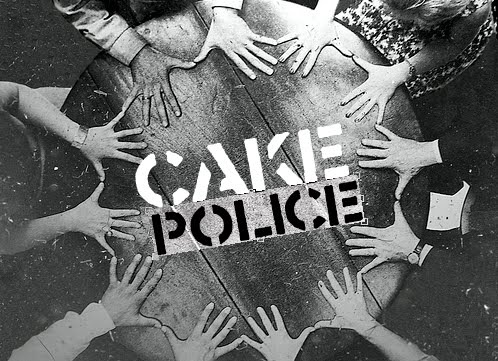Harper's is making it available for free on their website. Find it here.
A lot of serious concerns jump out of this piece, but I'm interested in a couple in particular. One is the point brought up here to subtly make the case for pursuing criminal investigations that reach all the way up the chain of command. This case is made when Horton quotes a retired Admiral as saying, "If the heart of the military is obeying orders down the chain of command, then its soul is accountability up the chain. You can't demand the former without the latter." One reason cases (or often even investigations) pursuing the possible criminality of the actions of soldiers at facilities such as Guantanamo or Abu Ghraib is because of a fear that once a case begins, the complex chain of orders and decisions that results in a person being tortured would be brought to the public eye, and that once this happened ultimate accountability would be demanded, which certainly doesn't belong to the private who waterboarded Abu Zubaydah all those times, for example. We know in certain cases it would, in fact, reach all the way up to Dick Cheney and Donald Rumsfeld, if not George W. Bush. The logic here, bought into by Barack Obama, is that an investigation of this kind would do nobody any good, and would serve only to damage our country's standing in the world and the government's in the eyes of its people. I, for one, disagree strongly with this statement. The belief that the rest of the world would be outraged at the discovery of our human rights violations is a particularly comical one, since they are already far less of a secret abroad than at home. The belief that United States citizens would be outraged is harder to deal with, since I am continually surprised at the amazing capacity for willful ignorance shown by the majority of the citizens of this country. My guess is that some of the fundamentalist conservatives would not be at all disturbed with the fact that the president himself authorized the use of illegal torture techniques on innocent men and women and would continue to regurgitate, mantra-like, that it was in the interest of our national security. Still, a trial that implicated, even if it eventually exonerated, key members of the Executive branch would be a moment of supreme vindication for those who have been brutally affected by the barbaric human rights violations of the Bush Administration, as well as anyone who beheld the first eight years of this century with a sense of hopelessness and powerlessness. If Obama truly wants to give the American people hope, this would be a great place to start; purging the sins of the past so that we can finally take a step forward. But as Guantanamo, and all it stands for, remains open after the expiration of Obama's promise to close it, and moving on seems less and less likely, I'm certainly not feeling hopeful.
Secondly, Horton does well to add some big-picture perspective to the discussion regarding torture with the last paragraph of the piece, in which he quotes the father of one of the murdered inmates as saying: "The truth is what matters. They practiced every form of torture on my son and on many others as well. What was the result? What facts did they find? They found nothing. They learned nothing. They accomplished nothing."
On a lighter note, does anyone remember how awesome Pelican used to be?

No comments:
Post a Comment